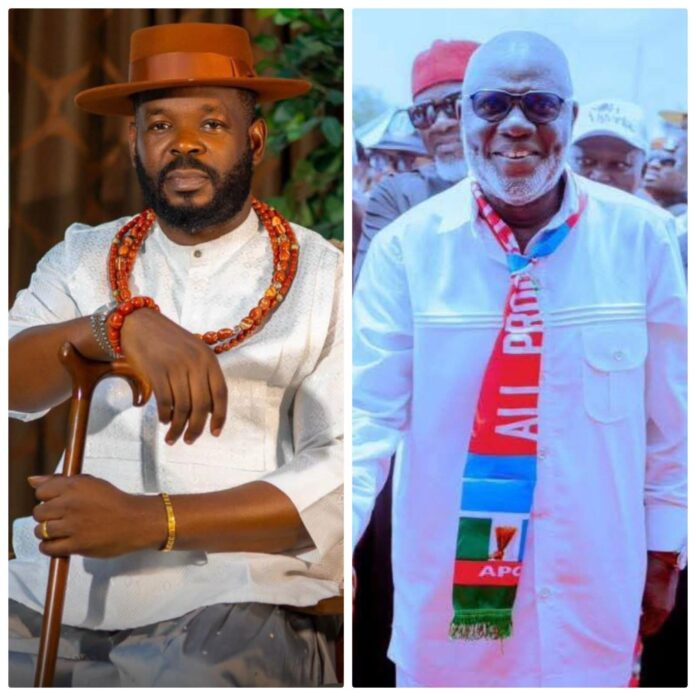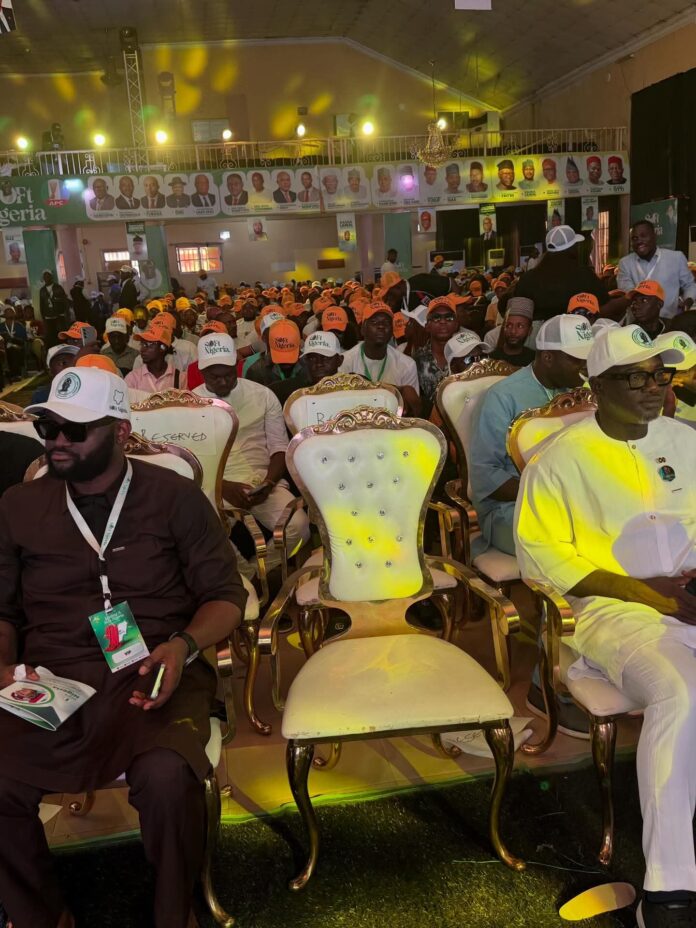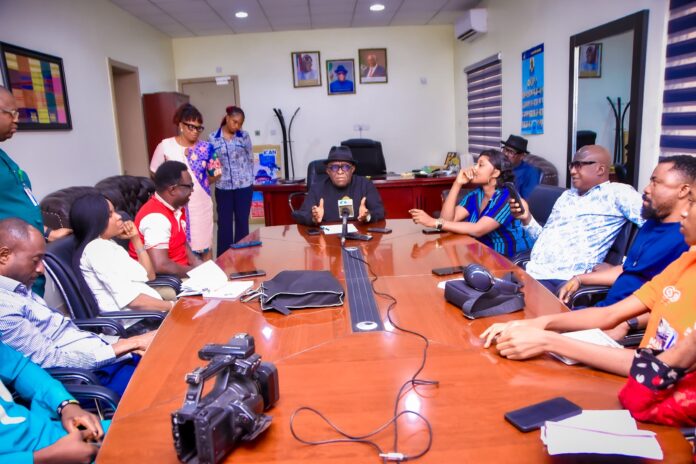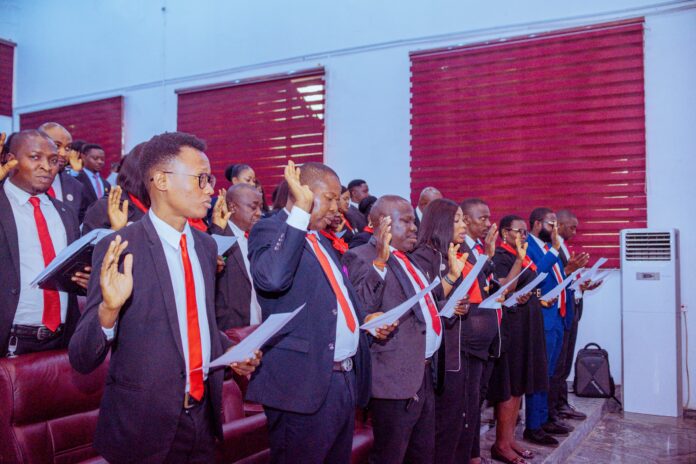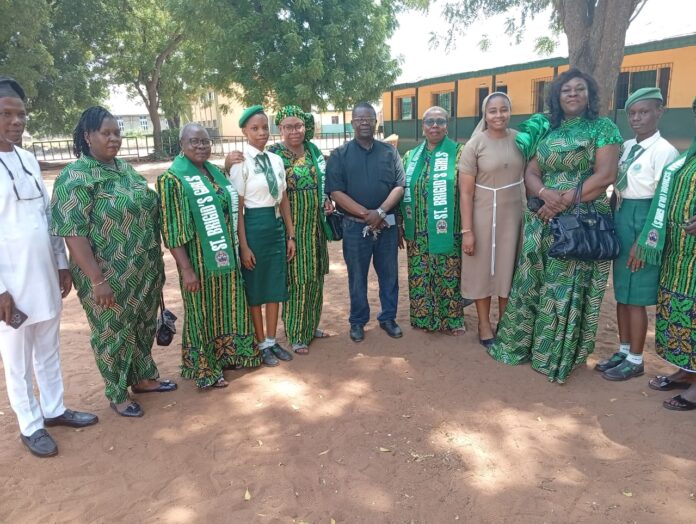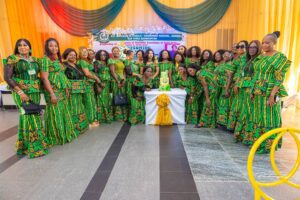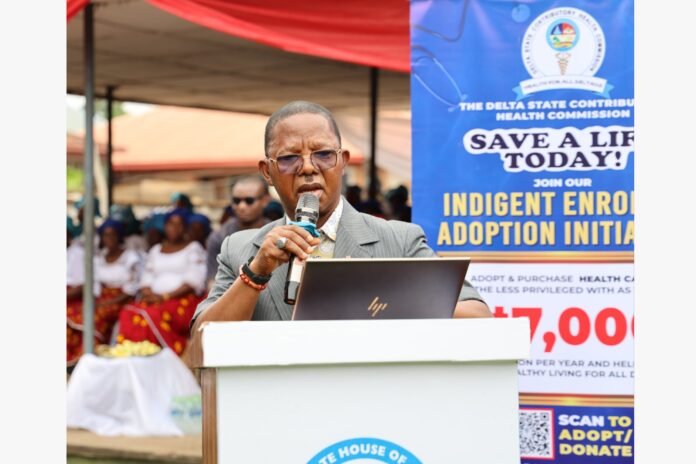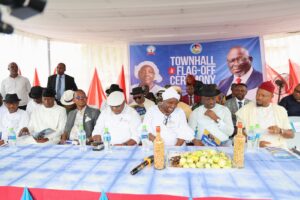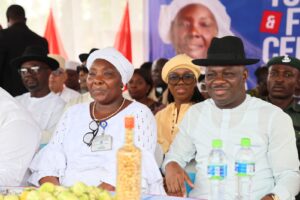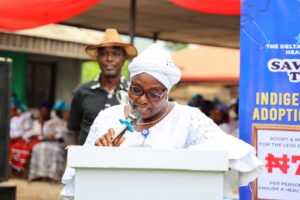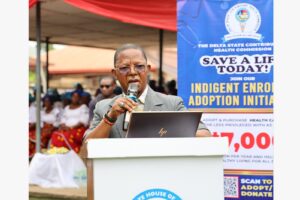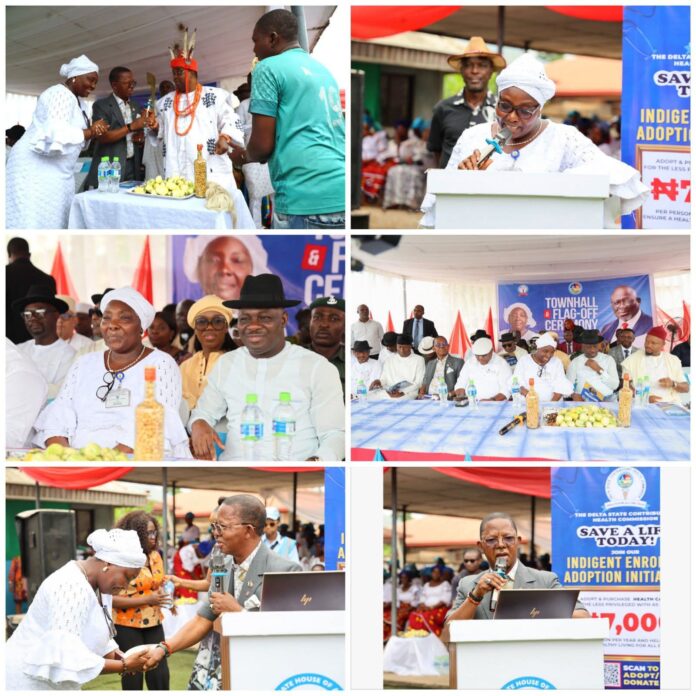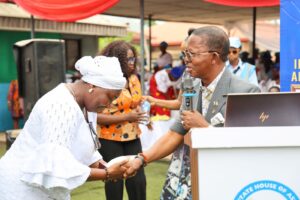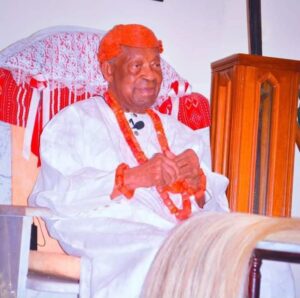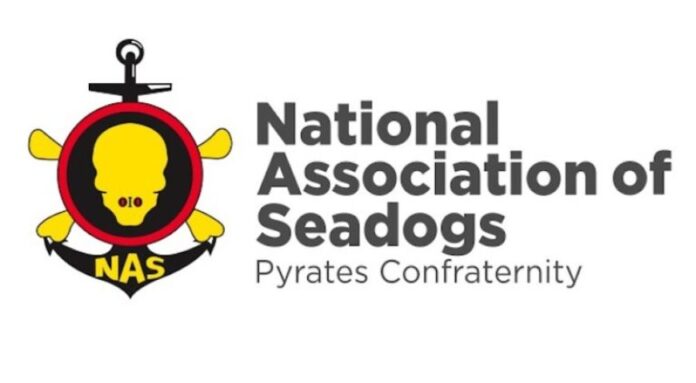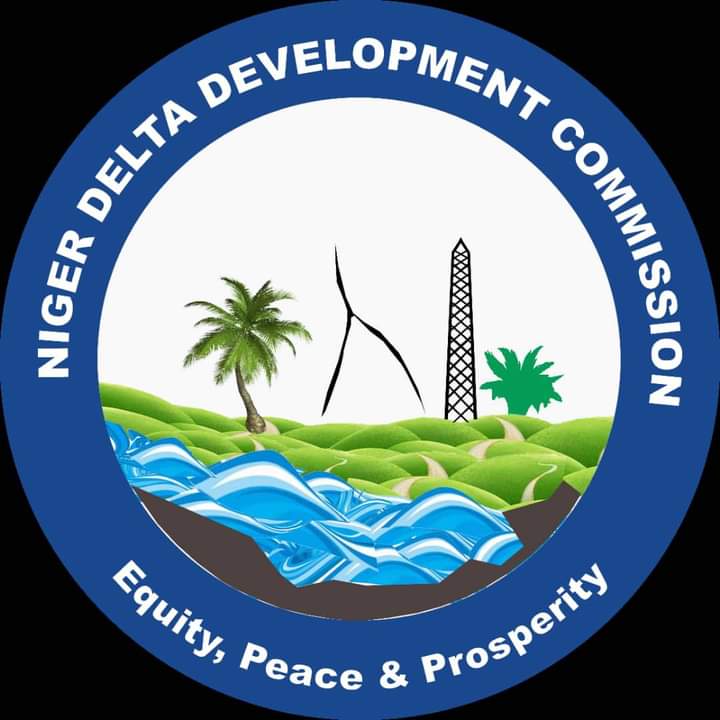The Delta state Director General (DG) of Local Content Agency, Olorogun Ese Kakor, has applauded the state chapter of the All Progressive Congress (APC), over the success of today’s state congress, stating that the emergence of Chief Solomon Arenyeka, as its Chairman was one of the best things to happen to the party in the state.
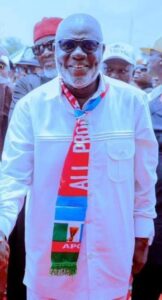
Olorogun Kakor who made this assertion in a Congratulatory message to the newly inaugurated APC Delta state Exco, ably led by Chief Arenyeka, noted that the political track records of the new Chairman speaks volumes of the Party’s readiness to record a sweeping victory in the 2027 general elections.
According to him; “First, I’ll like to commend the members of the planning committee of the Delta state APC congress for a job well done, especially its peaceful conduct, the maturity displayed by members and orderly arrangement to accommodate thousands of party members, as well as the security network at the venue were quite commendable”.
“Then the emergence of the new APC state Chairman, Chief Solomon Arenyeka was what excited me the most, considering his political prowess, his wide reach both within and outside the state and his track records of accomplishments in politics and private life over three (3) decades ago”.
“Chief Arenyeka’s political record traced back to 2007, when he was appointed Chief of Staff to HE, Dr. Emmanuel Uduaghan’s and later a Board Chairman during HE. Dr Ifeanyi Okowa, before being elected as the State Chairman of the ruling Peoples Democratic Party (PDP) and today emerged the APC state Chairman”.
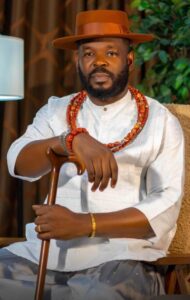
“His astute personality also played a significant role in his being conferred a Chieftaincy title by the Olu of Warri, His Royal Majesty, Ogiame Atuwatse III, a traditional position that saw him distinguished himself among his colleagues at the palace”.
“The overwhelming victory he secured during the state primaries held today shows his wide acceptance by all APC party members in the state and a clear attestation to the fact that he has all it takes in terms of ability and goodwill to deliver a landslide victory for the party both at the state and national levels come 2027.
He also congratulated other individuals who emerged alongside Chief Solomon Arenyeka through a consensus in today’s congress as Executive members to pilot the affairs of the party and appealed to them to work together as a team, in order to ensure a total victory for the party in next year’s elections.
He urged the new party Chairman to use his wealth of experience in bringing all the members of the party together for the common good of the party, adding that the interest of the party would be better protected when all the members are working together as a team before, during and after the 2027 general elections.
The DG Local Contemt Board, Olorogun Kakor, equally applauded the immediate past APC Executive members in the state, led by Elder Omene Sobotie, for their contributions to the growth of the party, especially after the merger of PDP and APC in the state, stating the Exco have a good account of themselves when it mattered most.
End

